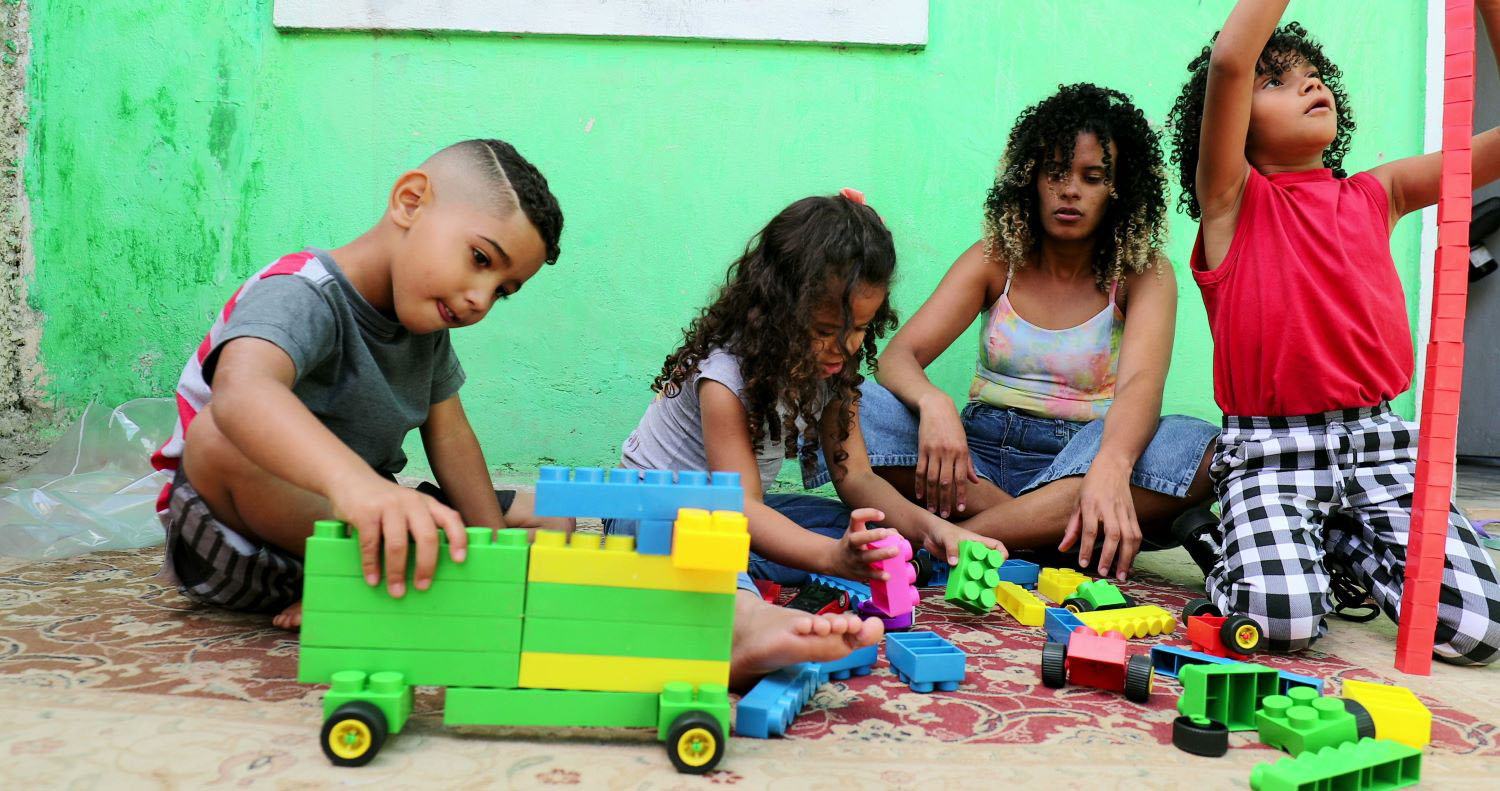This week FIFA, the governing body of world soccer held its annual Conference for Equality and Inclusion, which asked “How does one transform indisputably beautiful words like ‘equality’ and ‘diversity’ into concrete actions that make a difference?” One way promised in FIFA’s new strategy is an “enhanced commitment to the promotion of human rights and women’s football.” And FIFA is not alone in demanding non-discrimination in sports. The Olympic Charter suggests that it is a “fundamental principle of Olympism” that “[t]he practice of sport is a human right. Every individual must have the possibility of practicing sport, without discrimination of any kind.”
But for all the protestations about equality, there’s evidence to suggest both the International Olympic Committee and FIFA turn a blind eye to evidence of considerable discrimination against women when it comes to the opportunity to compete at the highest levels of sport. They should be ready to back their beautiful words into concrete actions that make a difference, and one tool would be banning countries that grossly discriminate from participating in events.
The Olympic Charter makes clear that “[t]he enjoyment of the rights and freedoms set forth in this Olympic Charter shall be secured without discrimination of any kind, such as race, colour, sex, sexual orientation…or other status.” Regarding participation in the Olympic Games in particular, the Charter demands that National Olympic Committees must ensure no one has been excluded from participation “for racial, religious or political reasons or by reason of other forms of discrimination.”
But the International Olympic Committee doesn’t do much to enforce that demand. Take Saudi Arabia, where women cannot participate in state-organized sports leagues, national tournaments, or attend games as spectators. This translates into dramatically unequal opportunities to participate and compete: only under considerable pressure from the International Olympic Committee did Saudi Arabia send two female participants to the 2012 London Games (neither of whom actually lived in Saudi Arabia); no Saudi women participated in the 2014 Asian Games (199 men participated), and only four in the 2016 Rio Olympic games (out of a total of eleven participants). The International Olympic Committee’s limited intervention is evidence to be sure that it cared about the image of the Olympics, less evidence it cared about the Olympic Charter’s guarantees and the underlying problems that create such naked discrimination between sexes in the ability to enjoy and compete in sports.
Or look at soccer: FIFA reports on whether it recognizes a national men’s and/or women’s soccer team from every country worldwide, categorizing them as either “active” or “inactive.” FIFA lists 211 active men’s teams and 182 women’s teams of which 134 are active. FIFA also creates rankings of men’s teams—pretty much based on their probability of winning the World Cup. Out of the countries ranked in the top 100 men’s active teams worldwide, only three countries don’t have a women’s team: Saudi Arabia, Cape Verde (population 0.5m), and Togo (income per capita $1,489). Saudi Arabia is by far the highest ranked of the three. Out of the countries with a population above 25 million, two countries don’t have a women’s team: Saudi Arabia and Sudan. Out of the countries with a population of 25 million or more and an income per capita above $5,000, one country doesn’t have a women’s team: Saudi Arabia.
It wouldn’t be fair to focus on Saudi Arabia alone. Out of 11,333 participants in the Summer Olympic Games at Rio, 5121 were women—that’s 45 percent. Fifty-one national teams were majority women, 133 majority men and 23 had equal numbers of men and women. Out of the 58 national delegations with more than 50 members, the percentage female varied between 14 and 65 percent. China and Romania both had delegations more than 60 percent female, but 21 countries had delegations less than 40 percent female. Iran, Algeria, Croatia, Azerbaijan, Cuba, Lithuania, and Venezuela all had delegations where fewer than three out of ten were women, with Iran and Algeria below one in five. The International Olympic Committee might want to confirm that girls and women from countries with massively gender-unequal representation are really given an equal opportunity to excel in sports and compete at the international level.
And in the worst cases, international sports bodies shouldn’t push window-dressing solutions like begging countries to find enough women to participate so that they don’t look bad. They should live up to their rhetoric and call countries out—to the point of excluding them from participation. History suggests sports bans can be a powerful tool to push broader progress. The South African apartheid regime refused to racially integrate teams, meaning that the country was only represented on the international sporting stage by whites. South Africa was excluded from the Olympics from 1964 onwards, and by 1970 the ruling bodies of over 20 sports had expelled the country. In a 1977 survey, white South Africans suggested the lack of international sport was one of the three most damaging consequences of apartheid.
Like apartheid, the worse violations of women’s rights worldwide involve institutionalized domination of one group over another with the support of the law and policy of the state. Practically they share restrictions on the freedom of movement and assembly as well as limits to the rights of citizenship. And in sports they mean gross inequalities in participation at the international level. Gender apartheid is ample grounds for global sports boycotts and bans from Olympic and FIFA participation.
Disclaimer
CGD blog posts reflect the views of the authors, drawing on prior research and experience in their areas of expertise. CGD is a nonpartisan, independent organization and does not take institutional positions.





